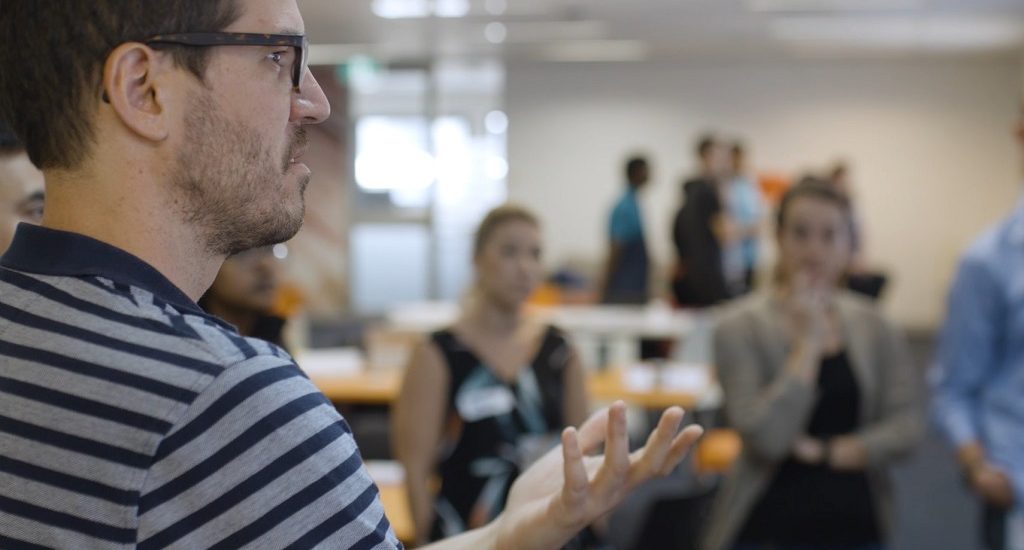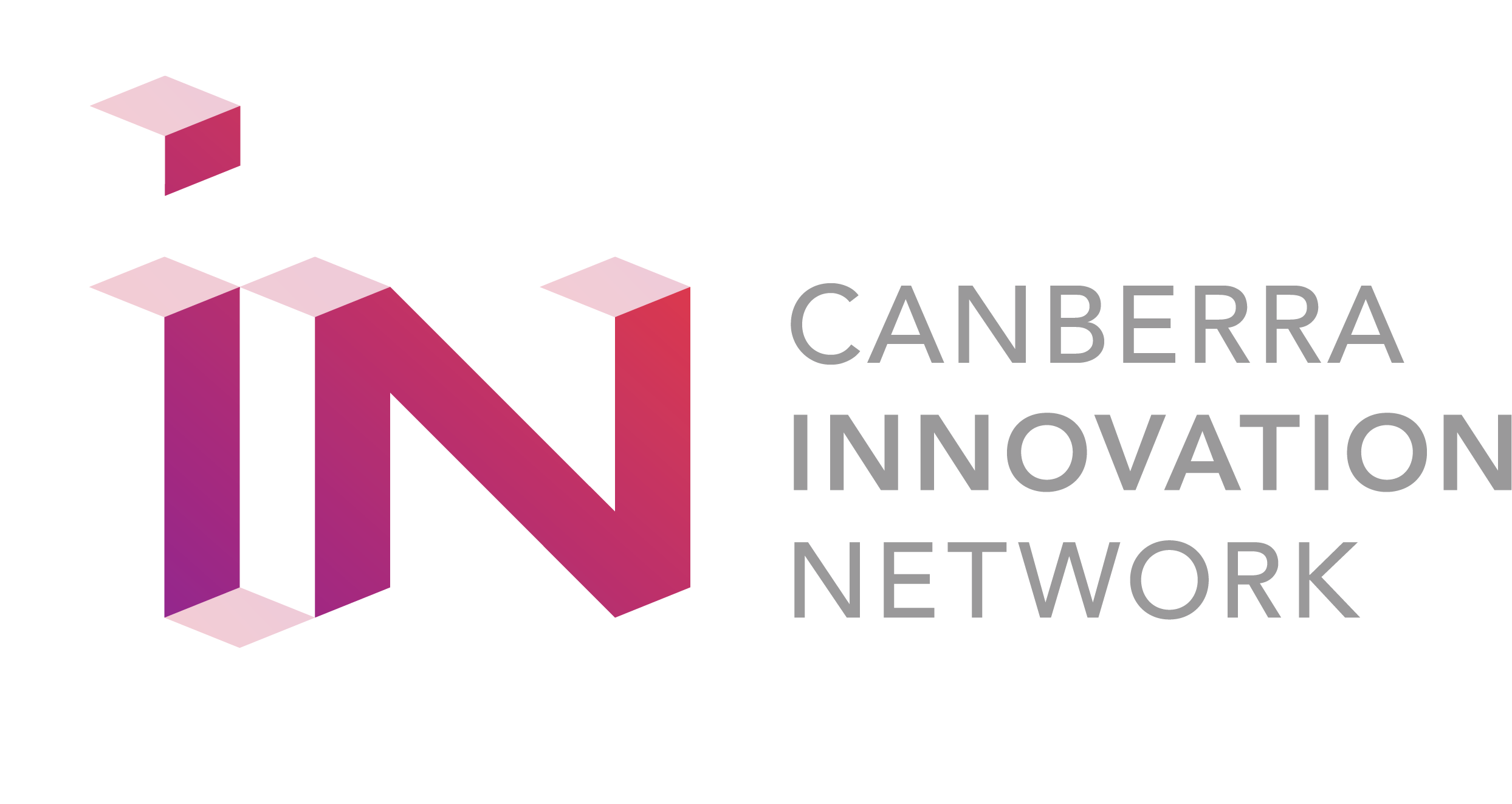- 11 June 2020
- Posted by: Canberra Innovation Network
- Category: General News

The term ‘impact’ is increasingly referred to as a goal in the academic world, but it’s not always clear what this means nor what you should do as a response. This is even more apparent when you’re completing your PhD and becoming more exposed to opportunities like research grants and industry engagement.
How do you start to have an impact with your research? Is impact something that can be defined, tested and measured?
At the Canberra Innovation Network, we take a practical viewpoint. We don’t claim to have all the answers, but we do believe that the main way your research can make impact is when it’s in the hands of real people and making their lives better in some way.
We see a large gap, however, between the creation of that research and adoption by these real people.
So, how do we bridge this gap? How can researchers bring their research and skills into the hands of real people? Through our experiences working with entrepreneurs facing similar challenges, we have found a framework that can help researchers to start engaging with this challenge.
Let’s break this framework down.
-
Who are the people who might benefit from your research or skills?
The first thing we need to do, is consider who these ‘real’ people may be. Are they the customer (the buyer) or the consumer (the user), and where might we find them? Being specific about who these people are and thinking about their wants/needs will help you to answer these questions.
For example, if you were working on a new policy framework and one potential group of customers or users is the federal government, we would encourage you to think about who specifically within federal government might benefit from your research or skills. This might be policy makers within a certain area, and you may be able to find them at policy maker networking sessions or conferences.
-
Adoption – what does it mean?
Your new ideas from research are not really benefiting people until they adopt it. What this means in your case can be varied; from having people using a physical product you’ve created or changing the way they think about something.
-
Benefit
In order to have a positive impact, people must benefit. As a researcher, you might be used to thinking about the big picture and the objective benefits to people. However, we often see that there is a gap between what people ought to adopt as there are objective benefits and what people actually do.
An example is healthy eating. People ought to be eating healthily and including things like broccoli in their diet, but their actual behavior is far from this.
The filter we add is the perceived benefit. Do your customers perceive your product or service to benefit them? And how much weighting do they place on this benefit?
In order to get people to adopt your research innovation, there needs to be perceived benefit that is more compelling that what they currently have.
So what can you do now to start having your research and skills benefit real people?
The Research to Impact program is for researchers (PhD candidates and upwards) to introduce practical tools that will help to take your research out of academia, engage with industry and find new opportunities.
Over two online sessions you’ll learn practical new ways to think about innovation that will enable you to better engage the community, you’ll have real collaborative conversations with industry that can lead to opportunities and you’ll leave with the tools to connect and explain your research.
“An excellent and interactive session that opens the mind and challenges your thinking.” – Lauren DuFall
“This seminar gave me the confidence to take a step back and take a good look at the big picture. Now I have a clearer direction about how I can help my research make the world a better place.” – Alex Lascu
“As I’m just starting out as a HDR student it was a timely reminder of the importance of clearly identifying my problem and testing the ideas with end-users.” – Cherie Campbell
This course is free to researchers from our foundation member universities.
Advance your research, upskill and learn how to attract the resources you need to take your projects forward. Register now for Research to Impact.

